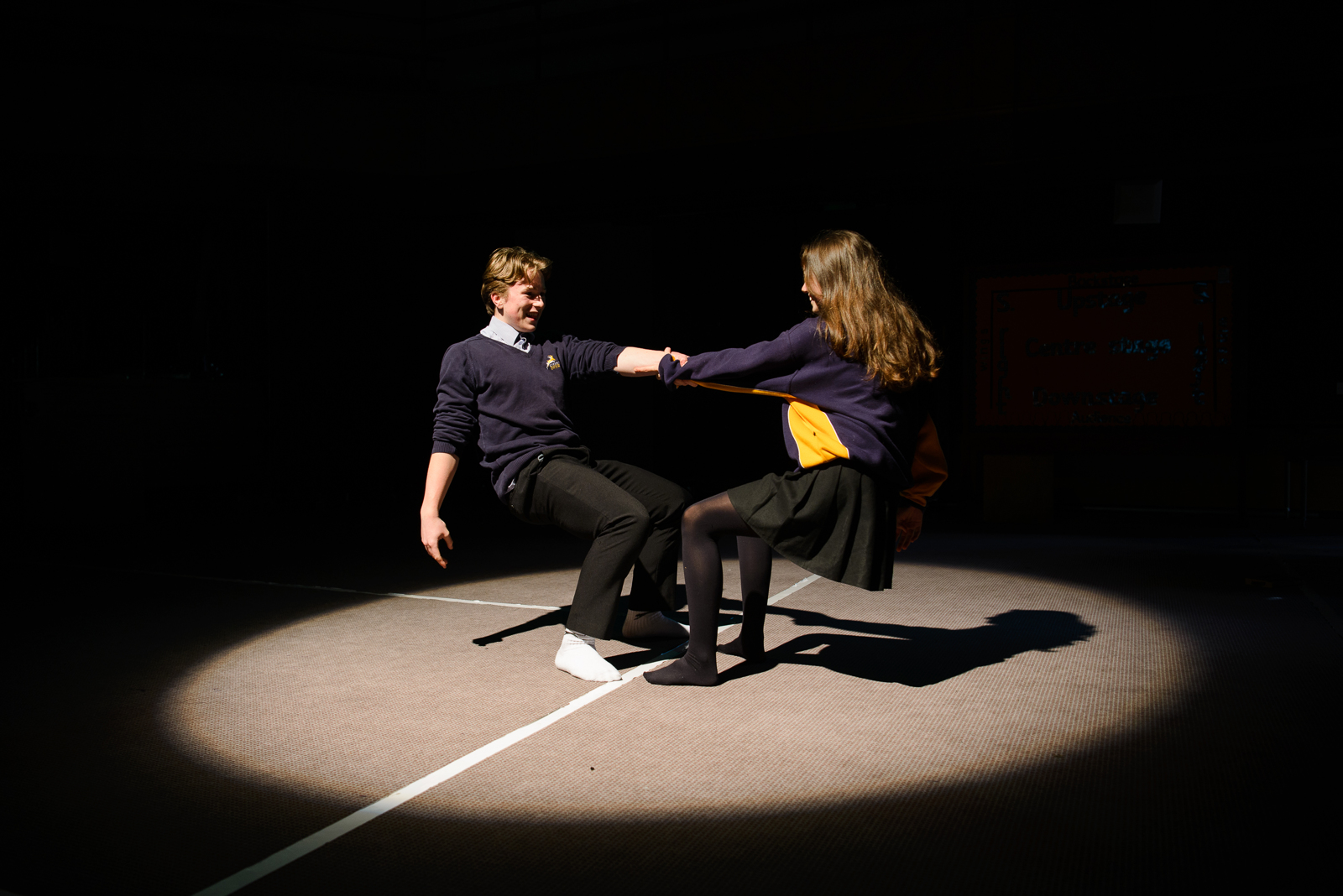Humanities: VE Day

Celebrating VE Day is at the heart of the Humanities Faculty in Focus 2020.
The May Day Bank Holiday is traditionally the first Monday in May but in 2020 has been moved to coincide with the 75th anniversary of VE Day on Friday 8 May. VE Day, or Victory in Europe Day, marks the end of the Second World War in Europe following the surrender of Nazi Germany. Not only was Victory in Europe (VE) Day a day of celebration for the ending of hostilities in Europe, it is seen by many as the dawn of a new era and the beginning of our modern age.
Soldiers from all over the world had fought and died for nearly six years in battlefields to stand up to oppression and to fight for democracy and liberty. On 7 May 1945 the German surrender was signed to come into effect the following day. The BBC announced that 8 May would be a national holiday, Victory in Europe Day. The Second World War continued in Asia for another 4 months (until August 1945) but VE Day celebrates the end of fighting in Europe and the beginnings of peace.
75 years ago Prime Minister Winston Churchill made a radio announcement that Nazi Germany had surrendered and that the war in Europe was over. He also added ‘We may allow ourselves a brief period of rejoicing; but let us not forget for a moment the toil and efforts that lie ahead.’ On 8 May 1945 across Britain and other countries in Europe, people took to the streets to celebrate, to dance, sing and hold street parties.
/D4A0B51A59064D6DED1EC5DB50351AC9.jpg)
For thousands of families, it was a time of hope as they celebrated the imminent return of their loved ones from war. For others, it was a time of reflection as they focused upon on the losses suffered and began to prepare to rebuild their lives in peace time.
Out of the horror the Second World War, a new world was born. It was a world of hope and optimism. New ideas about the importance of human rights, international co-operation and the role of the state in supporting people. In Britain, the NHS was founded, and great steps were taken by the government to support the most vulnerable in society. Around the world, people looked to rebuild and establish an interconnected society where everyone could flourish. VE Day was the starting point for this new world and our modern society can learn huge lessons from their optimism and resilience. It is a key event that we must always remember.
As part of our celebrations to commemorate the 75th anniversary, the Humanities Faculty are running several activities and we need our pupils' help to make the celebrations as brilliant as possible in these strange and difficult times.
- Pupils have been set a 20 Question Quiz via SMHW about WW2 and VE Day. Who will top the whole school leaderboard? Deadline for entries is Friday 15 May.
- We would like to find out a bit more about pupils' family histories and links to the Second World War. Pupils have been asked to research and present how their family history links to World War 2. This could be looking at one specific person or a number of family members. It doesn’t have to be just people who may have been fighting overseas, it could be civilians too. Be creative in the presentation of the research; it could be a report, a family tree, a video, a fact file etc. Details on SMHW.
- Finally, we would like you to create and host your own stay at home Street Party in part of your house or garden, making sure that you obey current lockdown and social distancing rules. Have a go at creating some 1945 recipes (there are lots available on the internet and are delicious). Remember to take some photographs of the event and your creations. Details on SMHW.
We hope you all have an excellent Bank Holiday on Friday 8 May. Stay safe and look after each other.
Find out more about VE Day:
- BBC: VE Day broadcasts
- IWM: What you need to know about VE Day
- Historic UK: VE Day
- History: Victory in Europe
- You can access the BBC History magazines online via our Online Resources (2)

